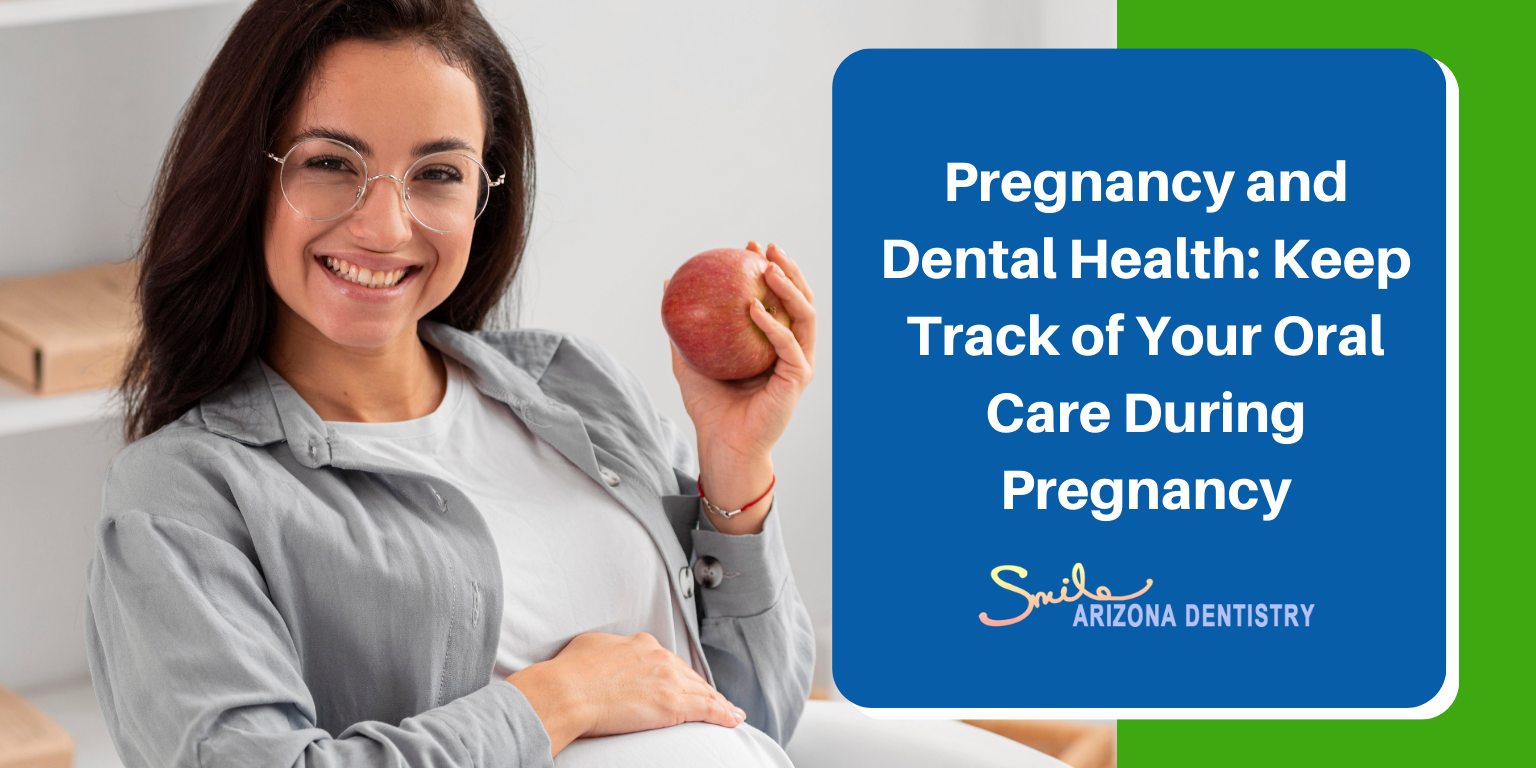


Pregnancy is a beautiful experience for any woman, but it also comes with a series of physical and hormonal changes that can impact various aspects of health. While expectant mothers often focus on prenatal care, nutrition, and regular check-ups, one aspect that is sometimes overlooked is dental health. The connection between pregnancy and dental health is more profound than you might think. Dental health issues not only affect the pregnant mother but also on the development of the baby. Research indicates that some prenatal oral conditions may have unpleasant consequences for the child.
Taking good care of your oral health during pregnancy can help you have a healthy pregnancy and a healthy baby. In this article, we will discuss the nuances of pregnancy and dental health. So, stay with us till the end!
Your body undergoes a multitude of changes during pregnancy. The surge in hormones, particularly estrogen and progesterone, can affect your oral health. These hormonal fluctuations can lead to an increased risk of dental problems, making it vital for pregnant women to pay extra attention to their oral hygiene.
Additionally, your eating habits might also change. You may eat more certain foods during pregnancy than before you were pregnant. For instance, craving for sweets is very common during pregnancy. But having too many sugary foods will increase your risk of developing tooth decay.
The most common dental problems associated with pregnancy are given below.
Recognizing the early signs of dental issues during pregnancy is essential. Be on the lookout for these symptoms.
Maintaining excellent oral health during pregnancy is not only essential for you but also for the well-being of your baby. Here are some measures to incorporate into your pregnancy routine.
As an expecting mother, regular dental check-ups should be included in prenatal care. However, if you experience any dental pain, bleeding, or other concerning symptoms, get your next scheduled appointment. Reach out to your dentist immediately to address the issue promptly.
For over 27 years, Smile Arizona Dentistry has been a trusted and experienced partner in dental care for the local Arizonian communities, including Scottsdale, Tempe, Mesa, and Phoenix. Our dedicated team of Scottsdale dentists prioritizes compassion, comfort, value, and precision in all dental services.
Do not compromise your dental health during this beautiful journey of pregnancy. Reach out to Smile Arizona Dentistry and let us ensure that your oral health remains in the best possible condition for you and your baby's well-being. Your smile is our priority, and your health is our commitment.
Contact us today, and let us be your partners in your healthy dental care and pregnancy!